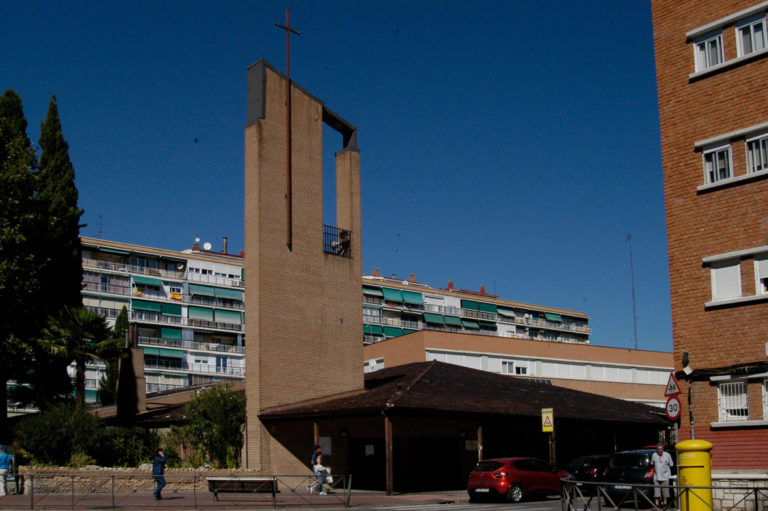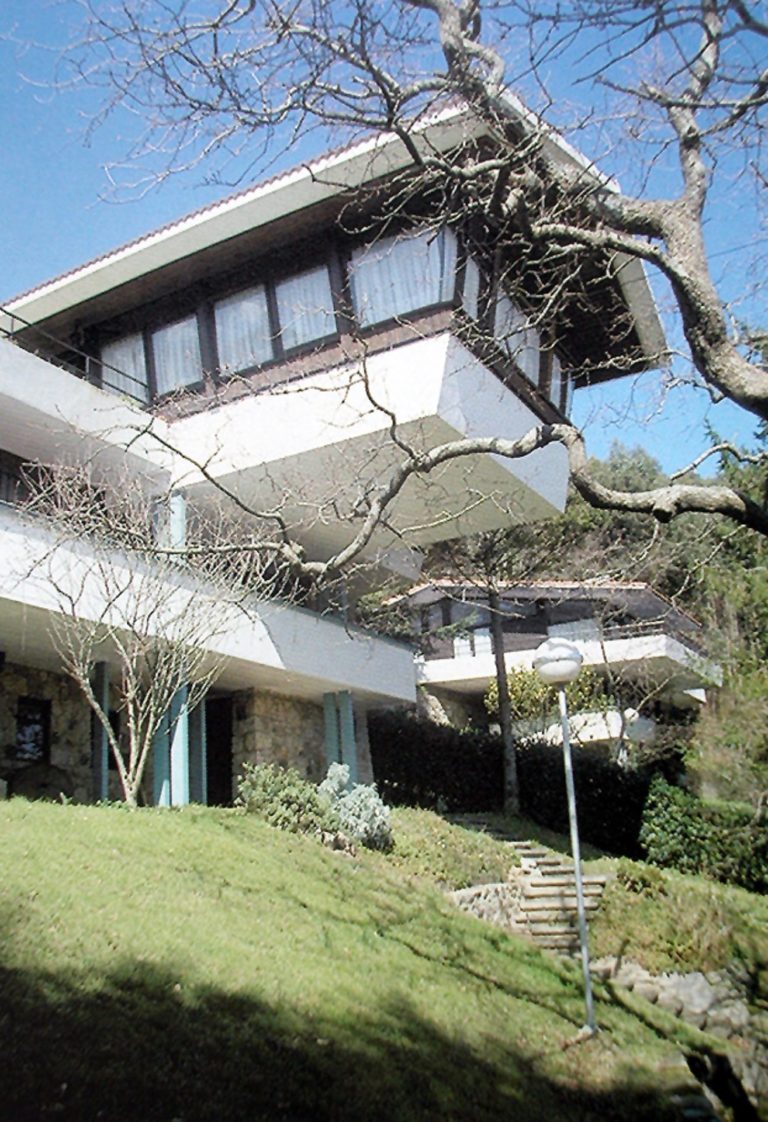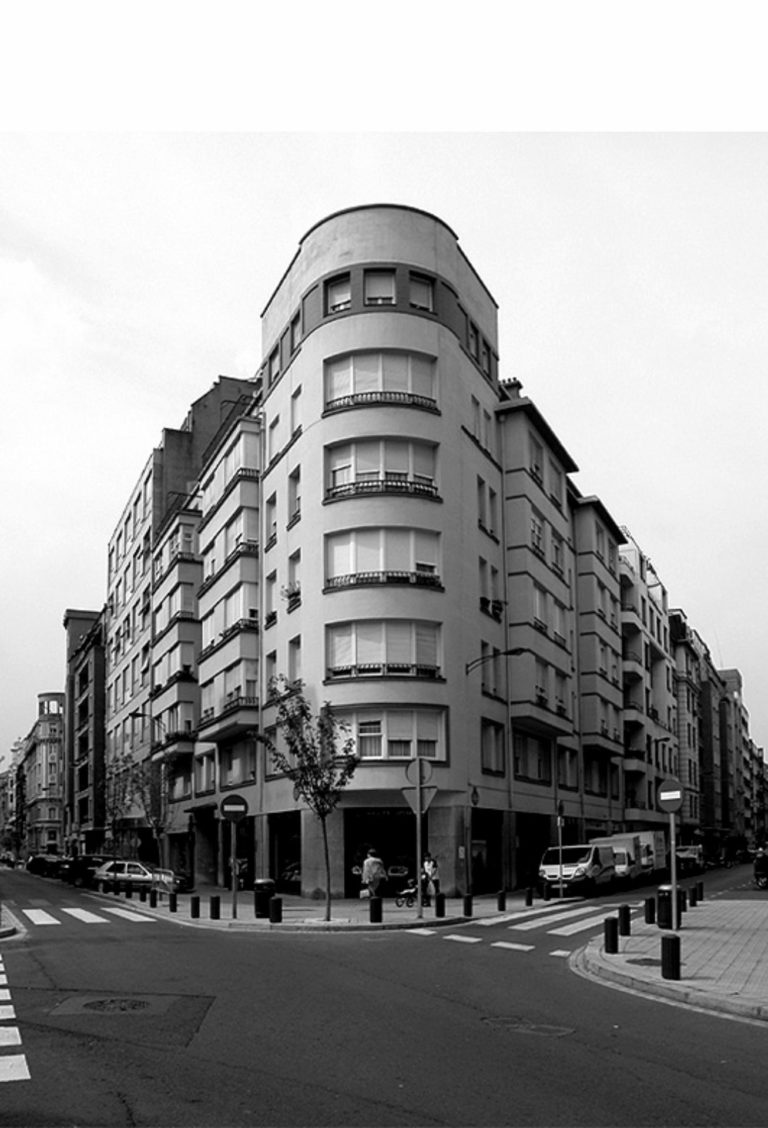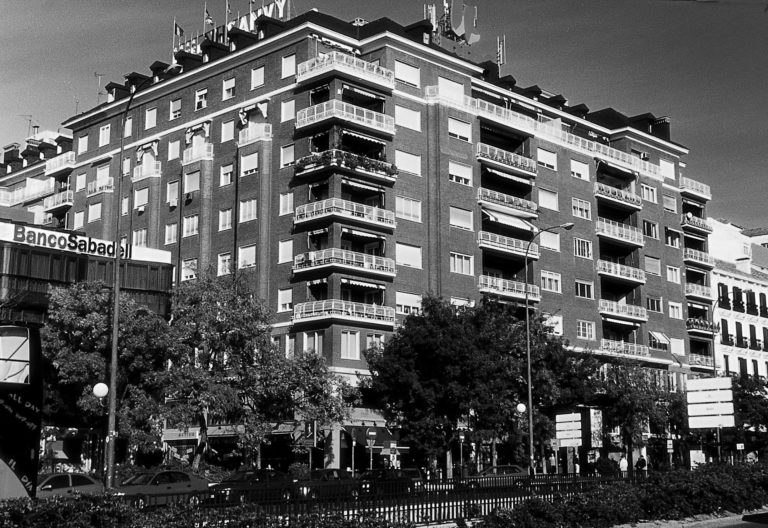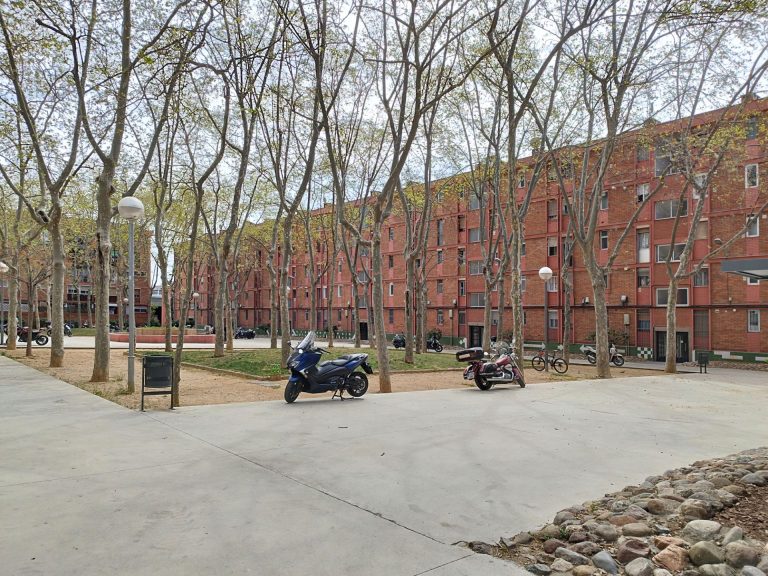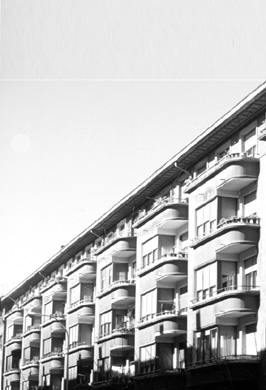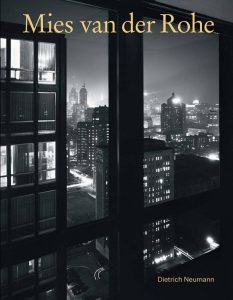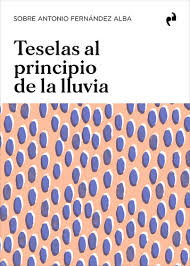Abstract
The following research entails both an effort to single out any significant changes in Portuguese residential architecture during the 1960’s and the ensuing discourses that took place along with it. From 1928 on and in the aftermath of the many political convolutions of the first two decades, Portugal enters a period in its history called Estado Novo, a period in which dictator Oliveira Salazar plays a major role for more than forty years. During this time, the role bestowed to the family, to women and the housing unit itself will suffer changes that were eventually addressed by architects in many different ways.
The first part of this study will engage an analysis of two previous key moments, required for any understanding of the 1960’s. The very first of these starts at the turn of the century and revolves both around the figure of architect Raul Lino and the concept of “casa portuguesa”. In addition to Raul Lino’s inquiries on the subject of the single-family home, manifest in the various of his published works, there will be a chance to engage less known authors as well. At this point, Lino’s several apartment building projects will be contrasted with his thoughts on the subject of residential architecture. Among other issues, the observable change of focus from the single-family home to the apartment complex will be taken into account. It will also be questioned whether or not any of the authors engaged in the debate were anything close to holding an anthropological inkling when dealing with this subject. A second cluster of documents addressed in this research comprises several texts from Francisco Keil do Amaral, Fernando Távora and Manuel Vicente Moreira, all forerunner to our period of focus. There will be yet time to introduce the concluding remarks of the working group dedicated to the housing issue at the 1st Congress of Portuguese Architecture (1948).
The second part of this research attempts a thorough insight of the significant changes brought by the 1960’s into the subject of residential architecture in Portugal, accomplished in part with the help of a number of texts from architects and other professionals engaged in this issue at the time. The majority of the documents produced in this period show a degree of complexity and thoroughness by no means unrelated with an increased awareness of the problems themselves. Rooted in previous events somehow, it is easily recognized a genuine wish to improve the project stage in order to accommodate the proper articulation of a dignified habitat that can value domestic life. If a concept of anthropocentric architecture can be found in Raul Lino already at the dawn of the century, the apartment block is the prevailing issue by the 1960’s. Consequently, the anonymous family is now subjected to quantification. The various distinct fields of theory or criticism and history later on, are now complicit with the project itself. The search for a scientific bearing, as well as more transdiciplinarity, the very idea of Architecture as knowledge, reverberate in a multitude of discourses fashioned perhaps for the first time by architects themselves.
Access the thesis
